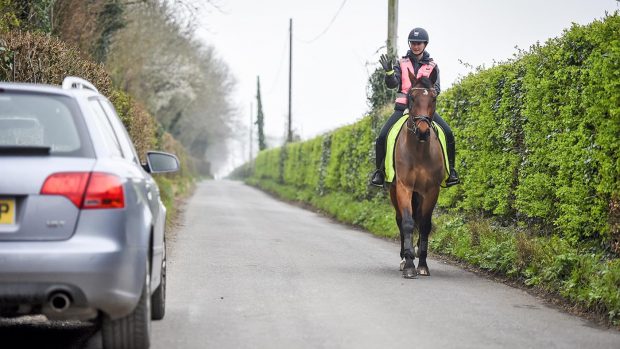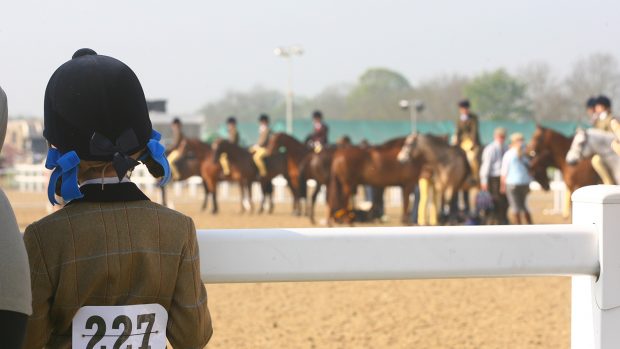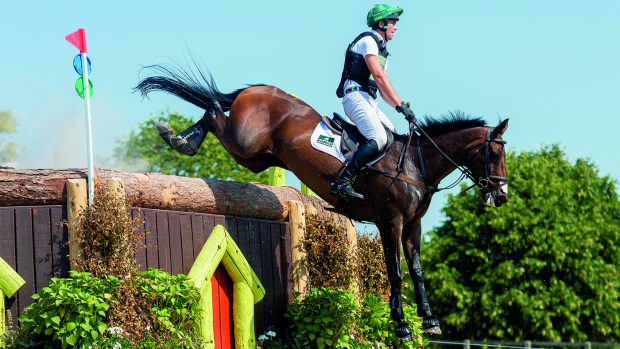We know that horses are sensitive creatures, capable of experiencing emotion — so are they really as gender-neutral as we’ve come to believe? Andrea Oakes investigates
From pastel-coloured razors to girly ballpoint pens and anti-perspirants, women are frequently told that they need certain things.
Thankfully, the equestrian world is refreshingly free of this kind of hype. It’s a place where women race in Grand Nationals and men do dressage, competing on equal terms.
A horse is a horse, and as yet there’s no model available in pink or purple for the discerning lady rider.
Yet while the idea of a “woman’s horse” seems somehow unnecessary, are there horses that prefer — or respond better to — the female touch?
We know that horses are sensitive creatures, capable of experiencing emotion. Are they really as gender-neutral as we’ve come to believe?
Research has so far failed to find any differences in the way horses respond to male and female humans — not just during ridden work, but also when handled.
But there is evidence that horses can recognise individual people by means of olfactory (relating to sense of smell) and visual cues, as well as recognising a familiar voice.
Dr Carol Hall of Nottingham Trent University explains: “As a naturally herd-living, social animal, the recognition of familiar ‘others’ by a horse is a very important aspect of survival, as is the avoidance of sources of potential harm.
“Human males and females typically exhibit differences in body odour, vocal characteristics and visual features such as size, shape and movement patterns. The pairing of clinical odours and painful procedures is suggested as an explanation for aggressive and/or avoidance behaviour of some horses towards vets.
“Such gender-related differences, if previously associated with positive or negative experiences, may explain in part a horse’s future preference for similar human characteristics (and gender).”
We may be giving away more clues than we realise, adds Carol, by inadvertently conveying emotional messages to our horses through the acoustics of our voices and our pheromone levels.
Like this? You might also enjoy reading these:
Scientists make breakthrough in equine tendon research
Horses see the world in a similar way to us, says research
“Chemical messages are the clearest sign to the horse of our gender, although the impact of the odour of oestrogen on the behaviour of gelded males is undoubtedly reduced,” she says.
This perhaps explains why Lucinda Fredericks has noticed that some of her horses hate aftershave.
“I’ve had a couple that have reacted quite badly to it,” she says. “Mares and stallions seem more sensitive to the smell.”




